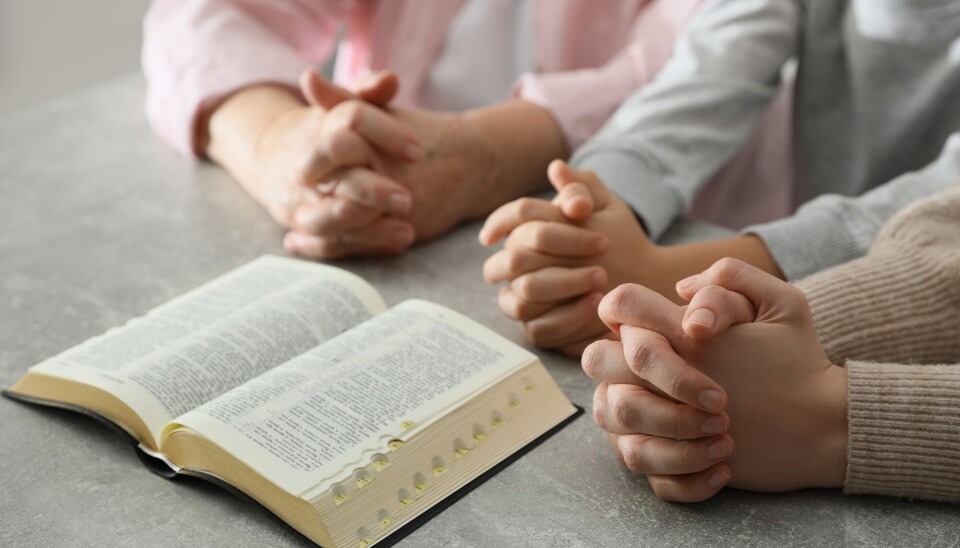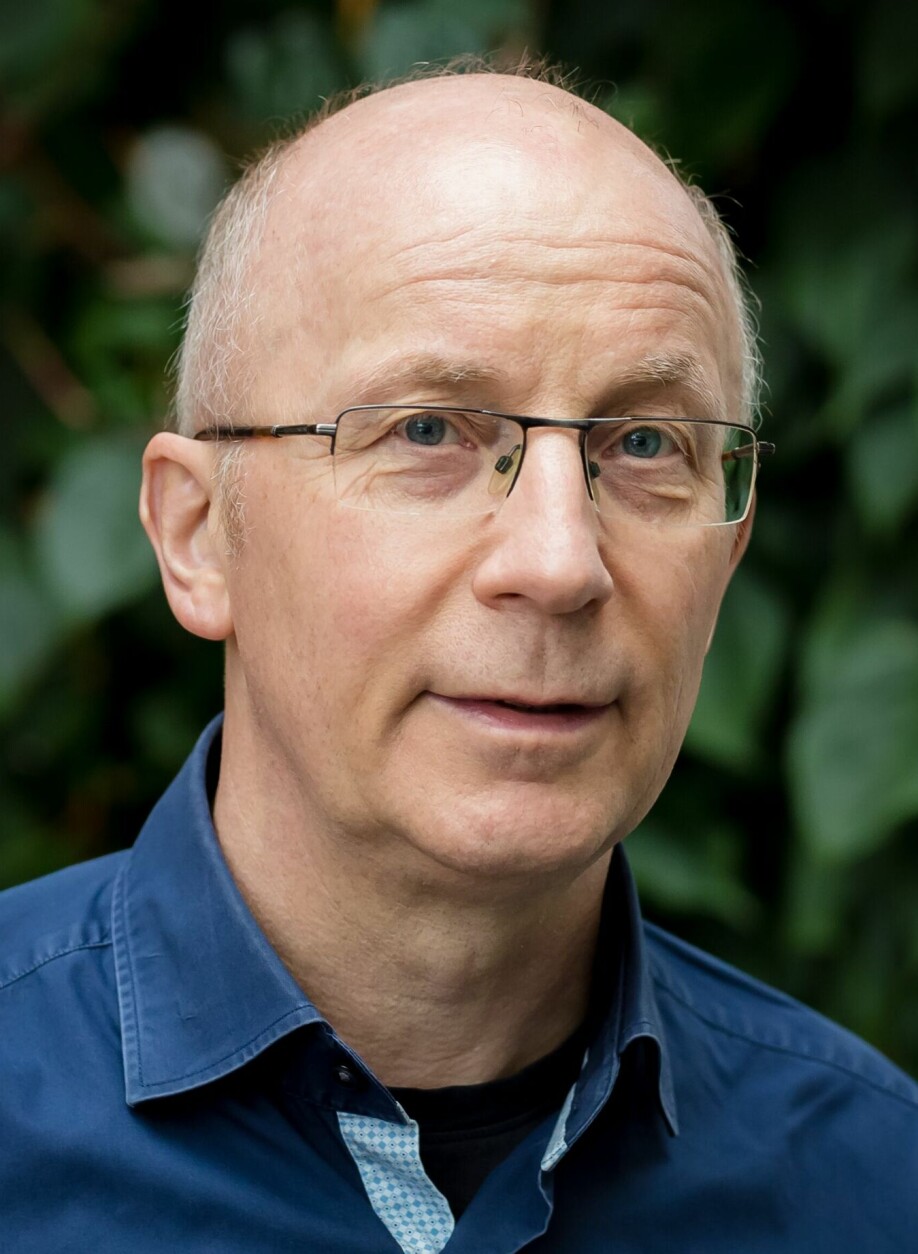THIS ARTICLE/PRESS RELEASE IS PAID FOR AND PRESENTED BY THE University of Agder - read more

People who marry and have children become more religious
Cohabitation does not have the same effect, research shows.
Is it really the case that religious people tend to have more children than non-religious people? This is what scientists have long assumed.
New research shows that it is actuallythe other way round: We become more religious by getting married and having children.
“Our findings run counter to the dominant opinion. Religious people tend to start a family earlier in life, and this may have influenced previous findings,” Morten Blekesaune says.
He is a professor at the University of Agder. Together with a colleague he recently published a study on the topic in the journal European Sociological Review.

Increase in religiosity happens very quickly
Blekesaune started by looking for the best data on the topic. He found these in the British Household Panel Survey, which was carried out from 1991 until 2009.
The survey is unique in that it follows thousands of households and individuals.
Respondents were asked how important religion is in their lives, how often they attend religious services, and whether they were active in religious organisations.
“It was interesting to see how quickly the change occurred. We know, for example, that having children can make people more trusting, this happens over many years. But the increase in religiosity is happening very quickly. So quickly that we can’t even tell how quickly it happens,” Blekesaune says.
The effect was greater for those who were already religious. But it was also present in people who were not originally considered religious.
Contradicts former reasonings
Secularisation is when religion loses its influence on individuals, culture and society.
One of the arguments against the growth of secularism has been that religious people have more children.
“If religion is inherited to a certain extent, this would dampen the tendency for society to become more secular over time and the level of religiosity would be maintained to some extent. Our new findings contradict this theory, however,” Blekesaune says.
Several different explanations
But what is causing this change in people’s religiosity? The researchers have no clear answers, but there are theories.
One possible explanation could be that people often assume more traditional gender roles when they get married.
“Religious societies emphasise prescribed roles in cohabitation. For many it can make life easier to have a religion that lays out how things should be. There will be fewer disputes and arguments about gender roles,” Blekesaune says.
Another explanation could be that getting married and having children is a long-term contract. Assuming a social role with others in a religious community reinforces the contract and makes it harder to break.
In this way, religion can contribute to greater stability for the nuclear family and be beneficial for both parties.
There may also be a third explanation:
“Some people may think that being affiliated with a religious organisation is good for the children. That they will find good friends and that other believers are people who can be trusted. This can be important for parents,” the Professor says.
Applies to many religions
Most of the people who took part in the survey were Christians, but there were also Muslims. There were too few participants belonging to other religions to draw any conclusions about them.
“Christianity, Judaism and Islam are pretty much in agreement about the importance of marriage and children. There is no reason to believe that there are big differences between them when we look at the effect of the nuclear family on religiosity,” Blekesaune says.
Reference:
M. Blekesaune and V. Skirbekk. Does forming a nuclear family increase religiosity? Longitudinal evidence from the British Household Panel Survey, European Sociological Review, 2022. DOI: 10.1093/esr/jcac060

This article/press release is paid for and presented by the University of Agder
This content is created by the University of Agder's communication staff, who use this platform to communicate science and share results from research with the public. The University of Agder is one of more than 80 owners of ScienceNorway.no. Read more here.
See more content from the University of Agder:
-
Fear being rejected: Half pay for gender-affirming surgery themselves
-
Study: "Young people take Paracetamol and Ibuprofen for anxiety, depression, and physical pain"
-
Research paved the way for better maths courses for multicultural student teachers
-
The law protects the students. What about the teachers?
-
This researcher has helped more economics students pass their maths exams
-
There are many cases of fathers and sons both reaching elite level in football. Why is that?




































